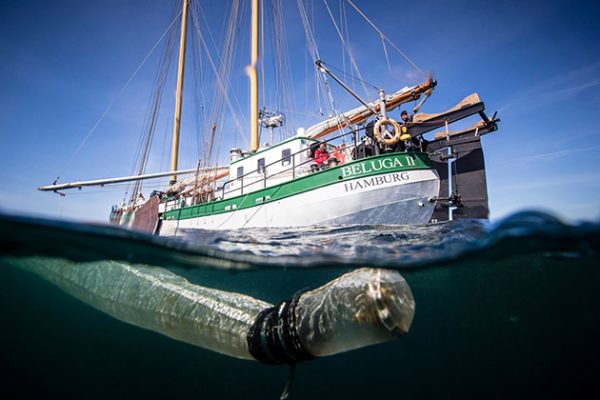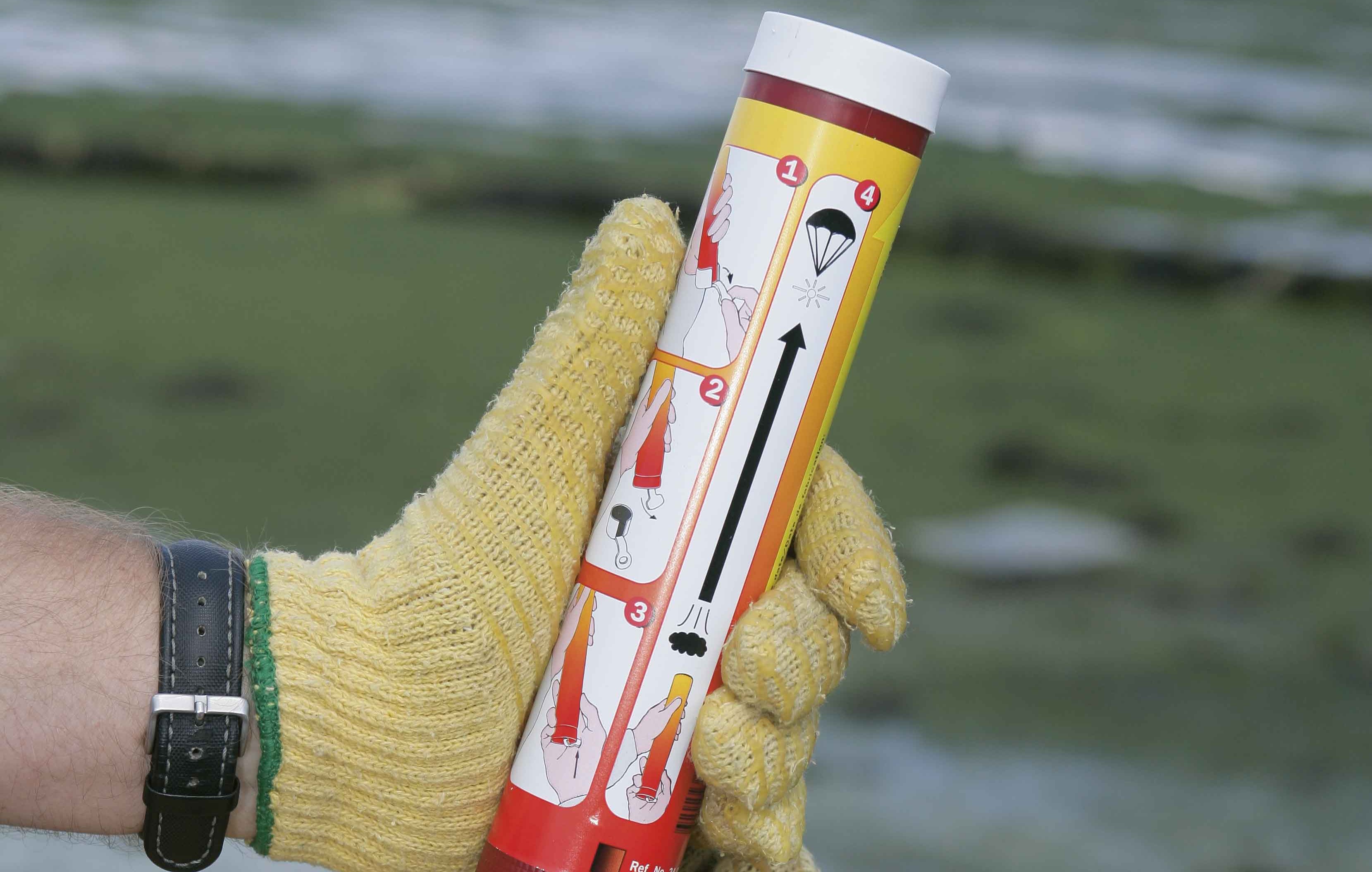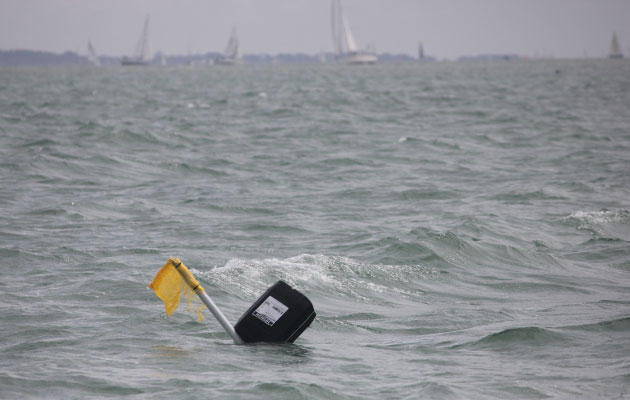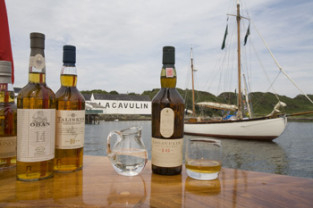It is hoped the new initiative will cut down on the number of bottles and cans found floating in the sea and littering the land in Scotland
Efforts are underway in Scotland to reduce pollution caused by bottles and cans.
The Scottish Government has announced the introduction of a deposit return system.
Although details of the initiative have yet to be announced, it is thought it will be similar to schemes already run in Scandinavia, where customers pay a surcharge when buying bottles or cans, and are then refunded when the empty containers are returned to the shop.
Environmental groups, as well as retailers, brewers, and the hospitality trade in Scotland, are welcoming the move.
It is hoped similar schemes will be introduced in other parts of the UK.
Zero Waste Scotland, which is funded by the Scottish Government and the European Regional Development Fund, will be drawing up the details of the new deposit return system.

Plastic pollution blights the world’s oceans
Back in June, Greenpeace announced it was carrying out a two month survey on board its survey ship, Beluga II, into plastic pollution around the Scottish coast and islands.
Its initial findings revealed the presence of plastic waste, including bottles and packaging, on every beach Greenpeace volunteers surveyed.
Evidence of microplastic and other plastic fragments floating in areas known to be feeding grounds for basking sharks, seals and whales was also recorded.
Volunteers also found plastic bottles, bags and packaging in birds’ nests in seabird colonies.
Continued below…
New scheme launched for the disposal of out-of-date flares
As it becomes more and more difficult to get rid of out-of-date flares, Ramora UK is looking for backing for…
Are lobster pots a danger to yachts?
The Cruising Association has launched a campaign to make lobster pots safer for small vessels and is asking sailors to…
New cruising guide to Scotland
Clyde Cruising Club's publication
101 Reasons to Sail Scotland
Additional information to our May feature
The Marine Conservation Society (MCS) is a founding partner of the Have You Got The Bottle campaign which has pushed for the introduction of a deposit return system in Scotland.
It said the scheme was long overdue.
“We see this as the simplest next step to help turn the tide on plastic, glass and metal drinks containers on our beaches. We hope that this will inspire similar systems throughout the UK,” said the MSC’s Scotland conservation officer, Catherine Gemmell.
“For almost three decades our dedicated volunteers have taken part in our Beachwatch surveys, gathering evidence of the impact of ocean plastics and litter of all materials on the seas and coasts around Scotland and throughout the UK,” she stated.
Gemmell said there was clear evidence that pollution from drinks containers was measurably reduced on beaches where deposit return systems were in place.
Details of Scotland’s scheme are expected to be announced in early 2018.








